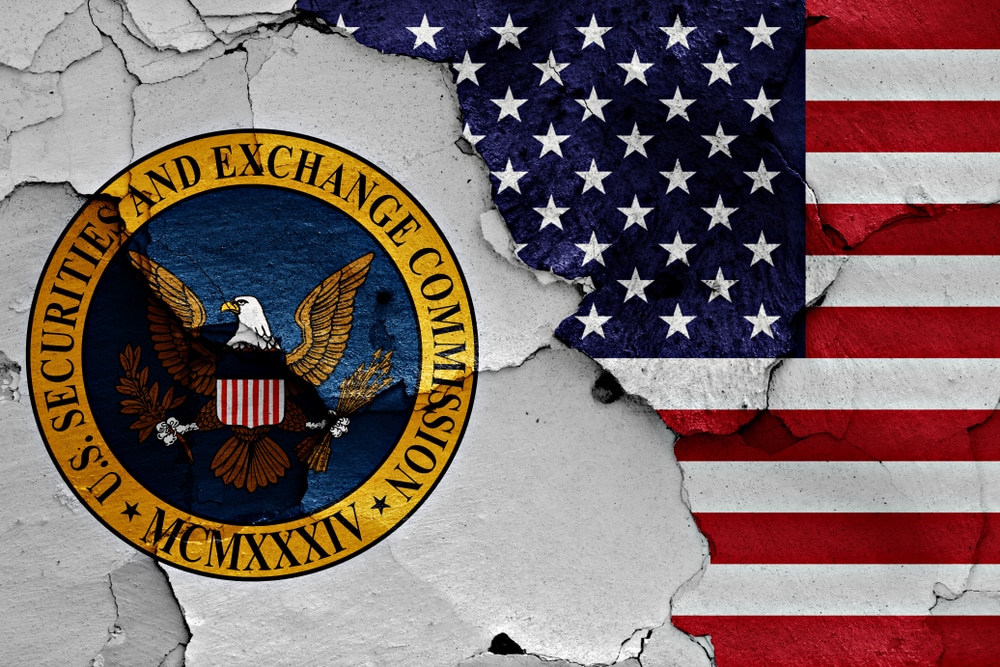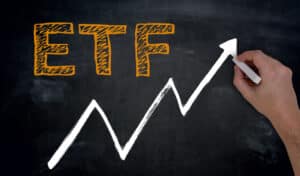
A Detailed Explanation of the US Securities and Exchange Commission (SEC) and Role in Crypto
The Securities and Exchange Commission (SEC) is a United States regulatory agency that safeguards investors, ensures efficient and fair markets, and enhances capital formation.
The agency was created in 1934 during the Great Depression and after Congress ratification of the Securities Act of 193. Its creation sought to control and implement the legislation.
The SEC monitors investment firms, broker-dealers, investment advisers, transfer agents, securities exchanges, credit rating agencies, and clearing agencies. Organizations, such as the Public Company Accounting Oversight Board, the Municipal Securities Rulemaking Board, and the Financial Industry Regulatory Authority, are also monitored.
In 2010, the agency’s jurisdiction was extended after the implementation of the Dodd-Frank Act to incorporate municipal advisors and other personnel.
SEC Composition Explained
The agency’s leadership is comprised of five commissioners chosen by the president. Their selection is based on the Senate’s approval and advice.
The agency also has several divisions focusing on corporation finance, examinations, economic and risk assessment, investment management, and trading.
All divisions play special roles in strengthening the SEC. For instance, the Division of Corporation Finance ensures investors acquire material data to make informed investment decisions.
The Division of Enforcement probes possible contraventions of the federal securities guidelines.
SEC’s Critical Objectives
The agency safeguards investors and seeks to make sure that investors get correct and appropriate data concerning securities. It also ensures protection from unscrupulous or deceitful practices.
Secondly, the SEC seeks to ensure tidy, fair, and efficient markets by controlling securities brokers, exchanges, and other market participants.
Thirdly, the regulator facilitates the capital-raising process for firms by monitoring how finances are issued and ensuring adherence to guidelines.
Understanding SEC’s Role in Crypto
New reports reveal that present and previous SEC chairs have revealed that most cryptocurrencies could be defined as securities. In 2017, Jay Clayton, the ex-chair, cracked down on initial coin offerings and noted that investor protection was lower and would result in manipulation and fraud.
Gary Gensler, the SEC’s present chair, has revealed that crypto exchanges must register with the agency. Over the last year, the regulator has cracked down on firms for purportedly running as unregistered brokers, clearinghouses, exchanges, and dealers.
Last year, the SEC sued Binance for the same charges. It was also claimed that it deceived clients and misdirected capital to separate investment funds owned by Changpeng Zhao, its ex-chief.
Recently, the SEC has also scrutinized nonfungible tokens (NFTs). For instance, Impact Theory, a Los Angeles-founded podcasting studio, was charged for purportedly running an unregistered NFT offering.
One month later, Stoner Cats 2 LLC, a nonfungible token project, was charged for purportedly running an unregistered offering of nonfungible tokens.
Legislators intend to implement legislation that offers clarity concerning the regulation of cryptocurrencies. However, nothing has been signed into law yet.
Spot Bitcoin ETF Approval
Earlier this year, the SEC granted approval to spot Bitcoin ETFs. This happened years following Tyler and Cameron Winklevoss’s initial application for a spot Bitcoin exchange-traded fund in 2013.
A key rule during the summer of last year was a turning point for the regulator’s ultimate approval. In this case, a panel of judges instructed the SEC to reassess a proposal by Grayscale Investment for a spot Bitcoin ETF.
The court exclusively addressed the regulator’s treatment of bitcoin futures ETFs and spot Bitcoin ETFs. Grayscale illustrated in its proposed Bitcoin ETF that it resembled the already approved bid for Bitcoin futures ETFs. At the time, the court noted that it must have ‘the same possibility of spotting manipulative behaviour in the market for bitcoin and bitcoin futures.
The SEC approved 11 spot bitcoin exchange-traded funds from various firms, including Fidelity and BlackRock. However, Gensler revealed that it did not indicate the agency was approving Bitcoin.
Final Thought
The SEC serves a watchdog role in regulating crypto, though often regarded as an agency that is confined to enforcement.
The approval offered retail and institutional investors a means to acquire exposure to Bitcoin via more conventional investment strategies. Since that time, spot Bitcoin exchange-traded funds have experienced significant inflows.




